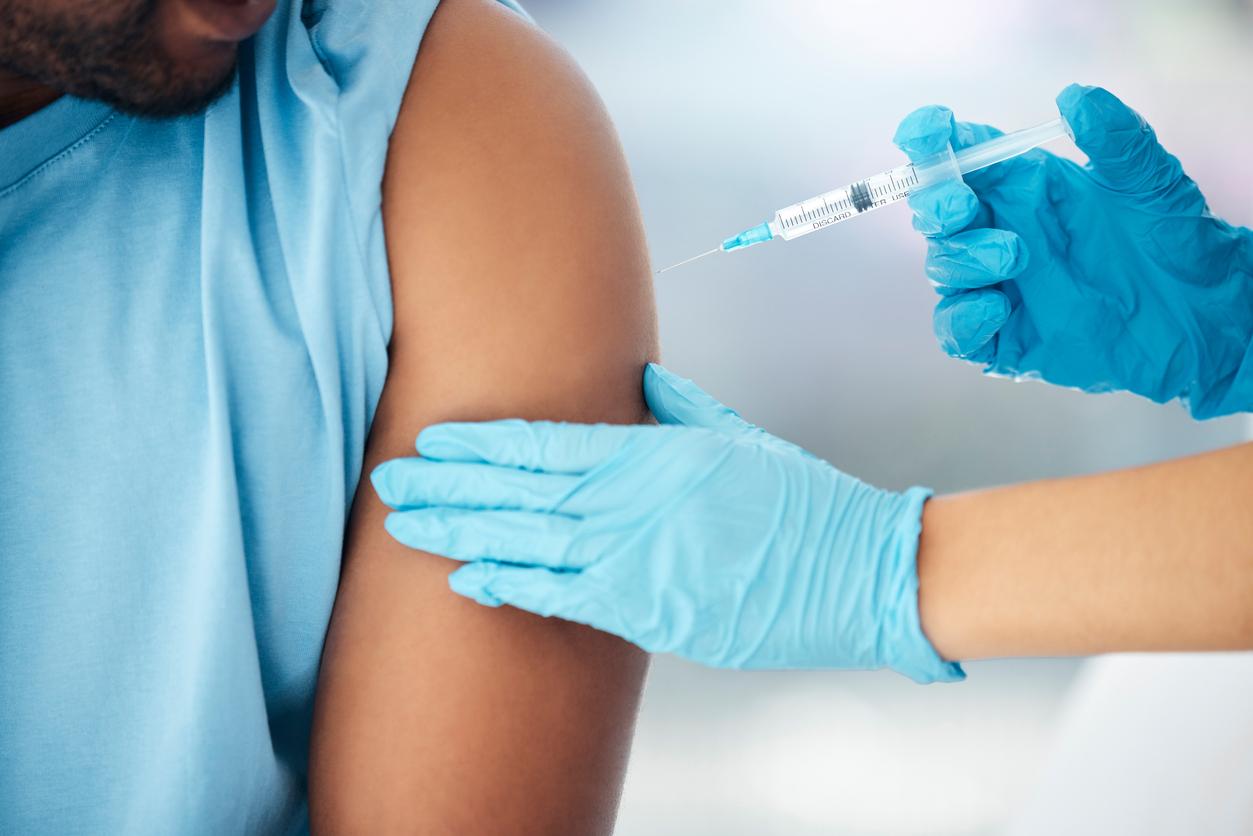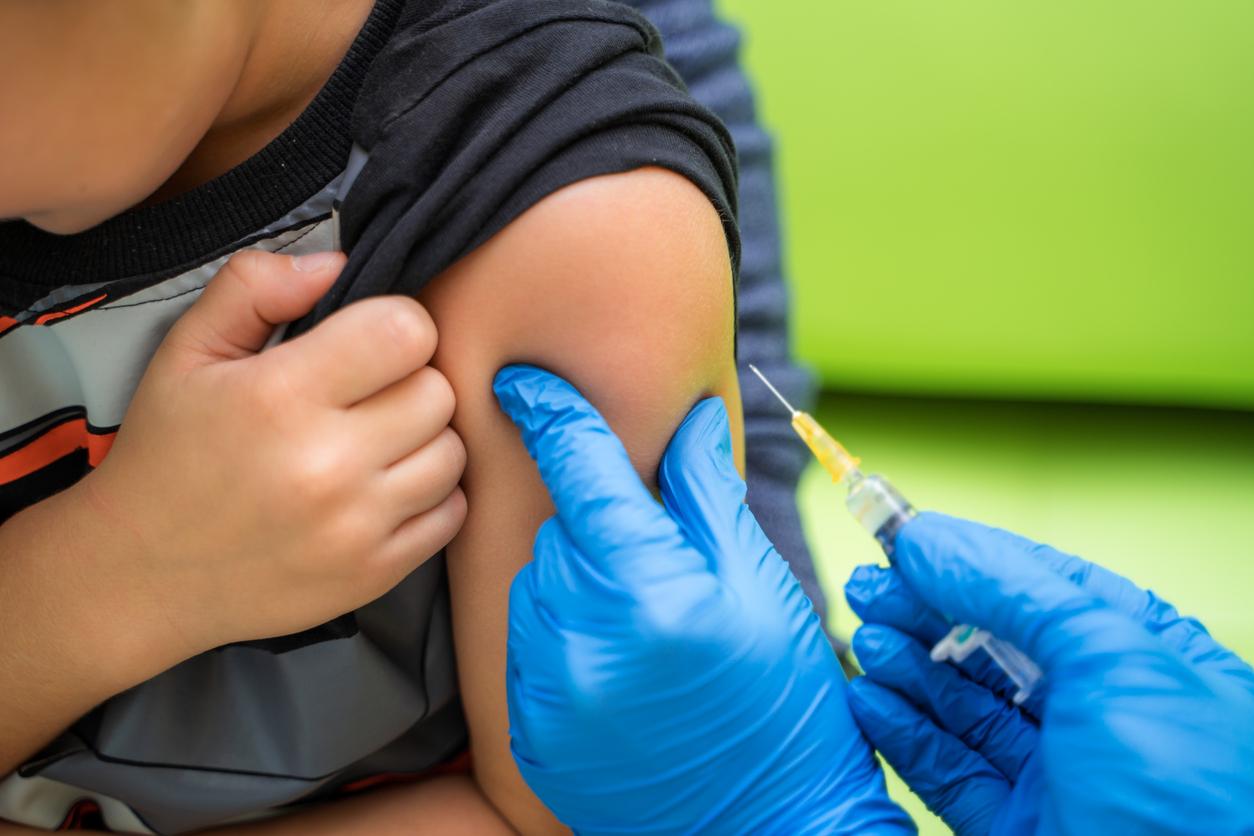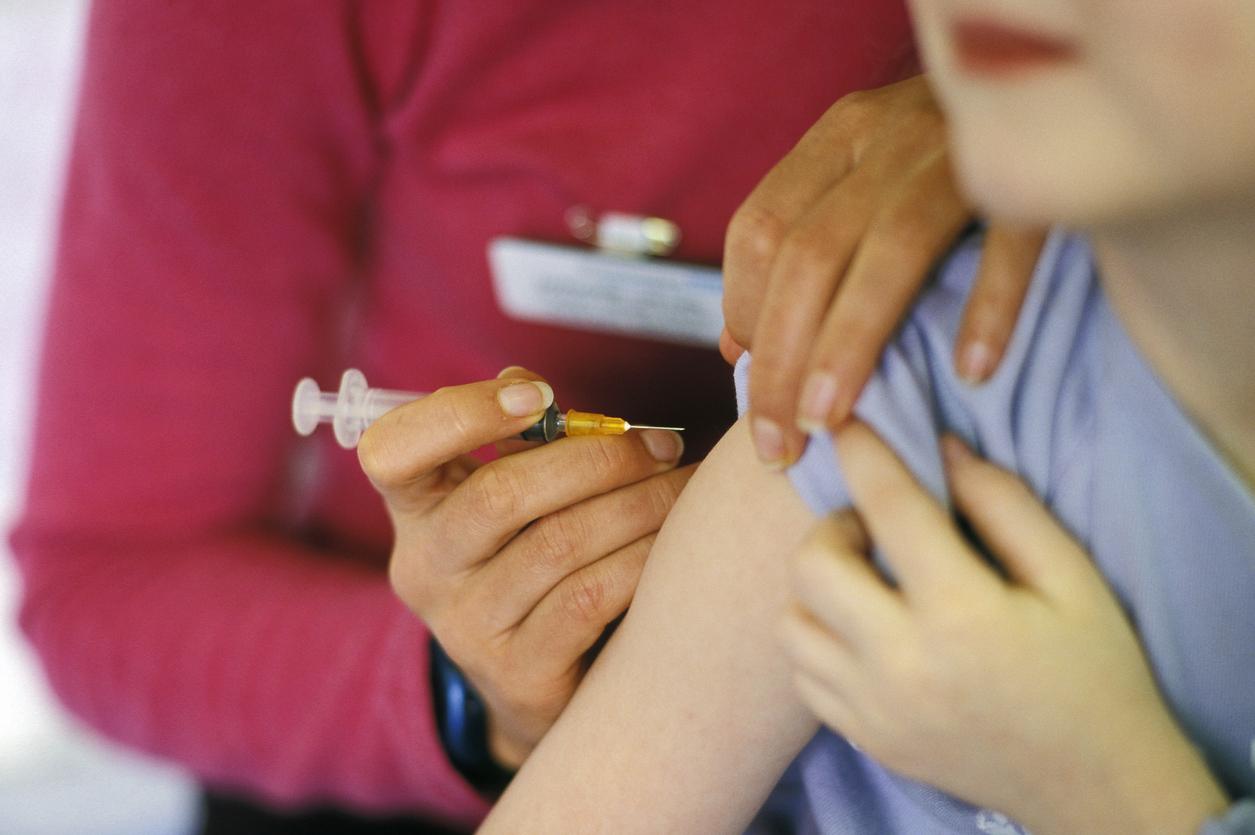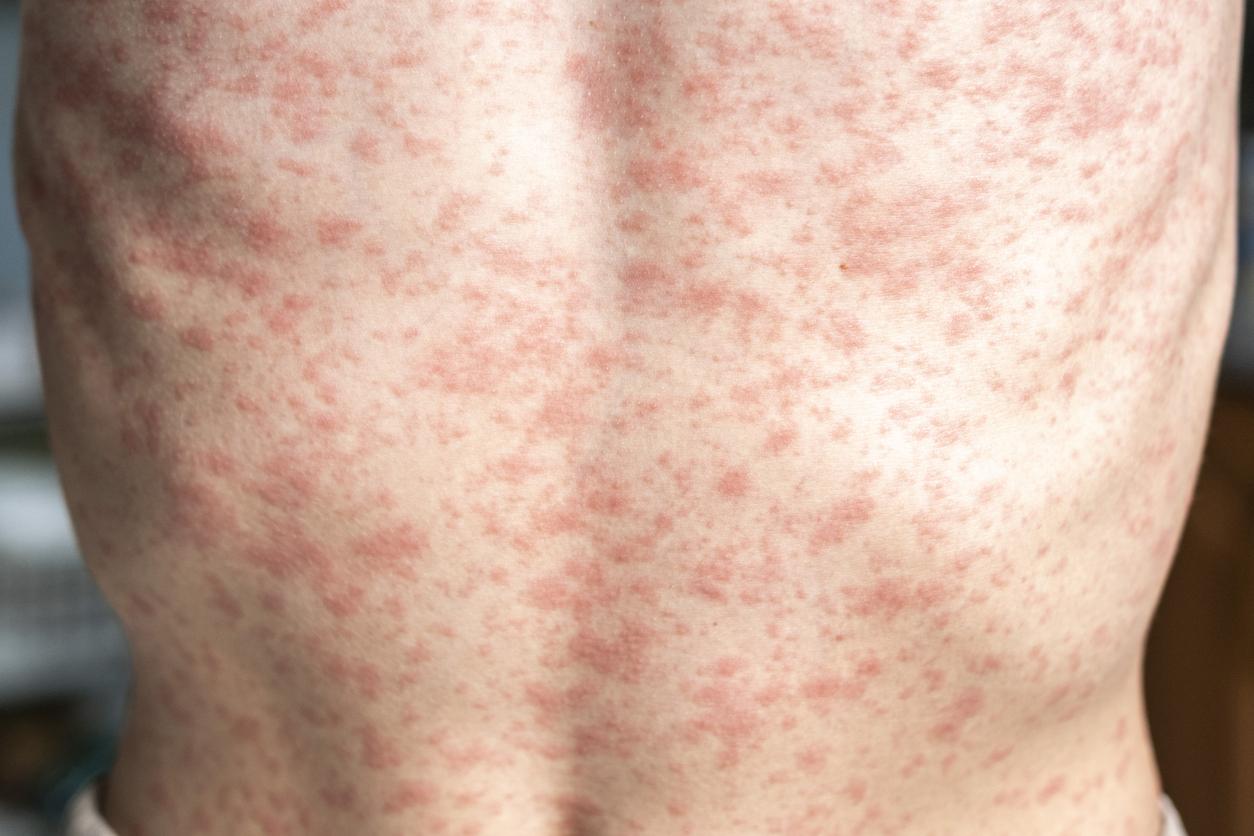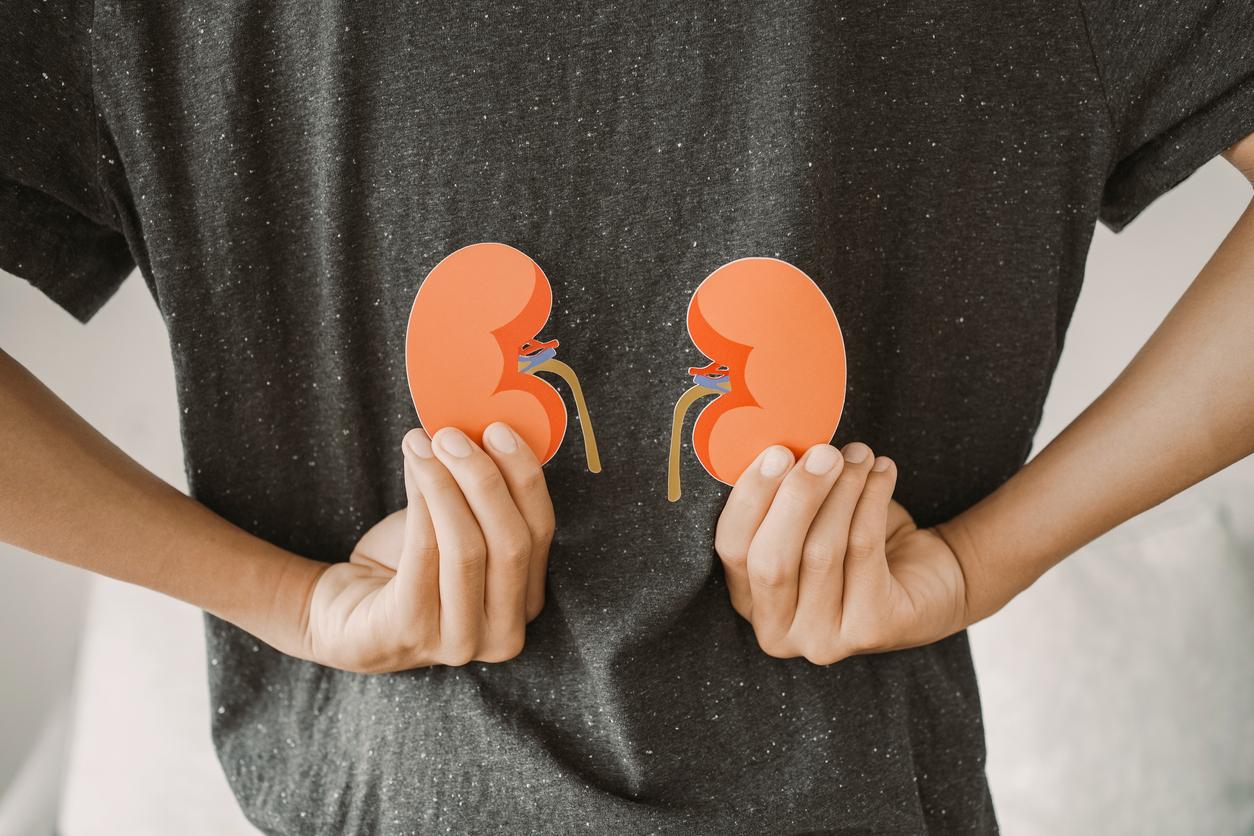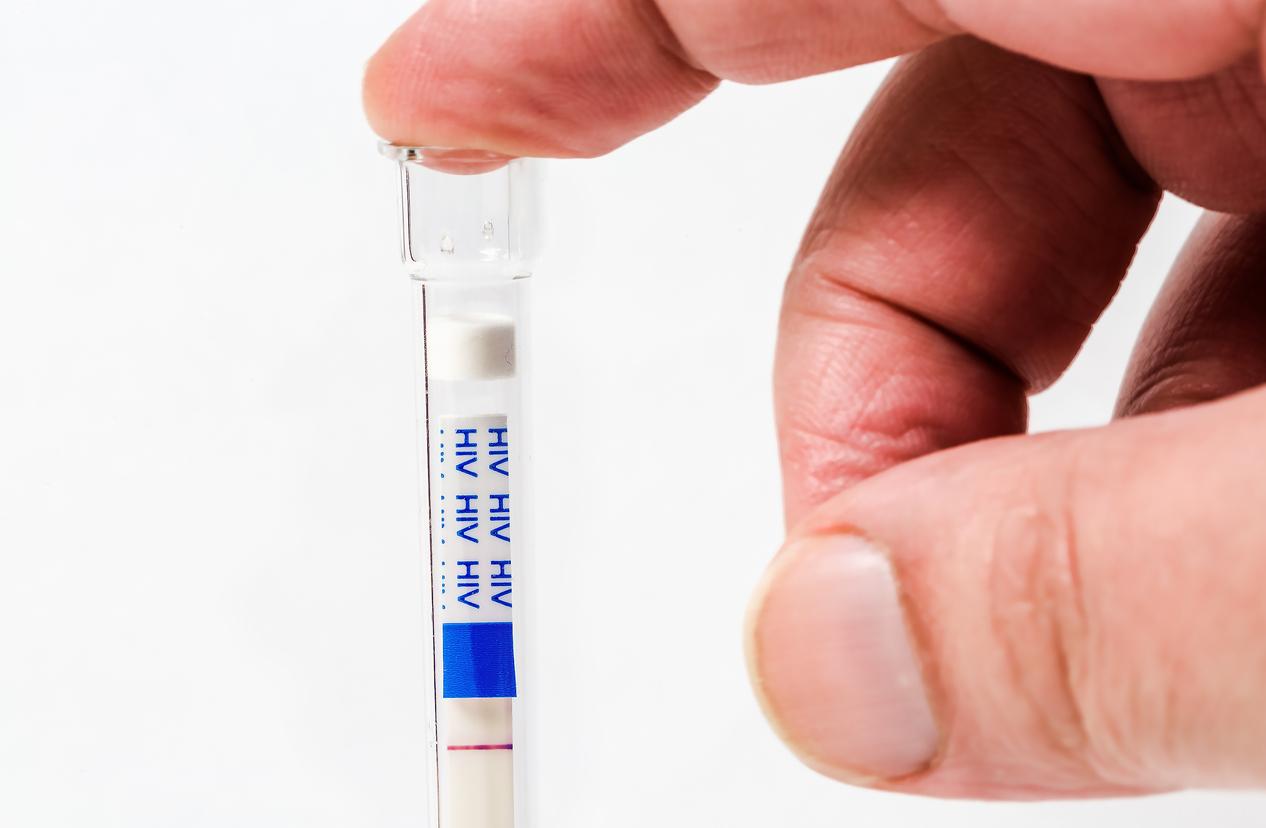Cows leave pasture and enter field … vaccine research for HIV, according to results of a study published in the medical journal Nature. The removal of strong HIV-blocking antibodies from cows within weeks (a process that typically takes years in humans) has provided clues for further research into the HIV vaccine.
Scientists know that some people who live with chronic HIV infection produce largely neutralizing antibodies that can overcome many strains of the AIDS virus. However, the antibodies of cattle bear similarities to those infected. Scientists from the Scripps Research Institute, the International AIDS Vaccine Initiative, Texas A&M University, Kansas State University, Ragon Institute of MGH, MIT and Harvard in the United States conducted this study on 4 aged calves. 6 months old and vaccinated against AIDS. Then, they infected the animals with an immunogen called BG505 SOSIP which mimics the envelope of HIV to analyze their immune response.
A very good immune response in cows
Experience has shown that all guinea pigs developed immune cells against HIV, 35 to 50 days after the 2 injections, although a few cows developed a weak response, with effective protection, at 42 days, against 1 strain, out of the 5 tested.
Scientists also observed that one of the cows displayed a hyper-efficient immune response to most of the HIV strains tested in the laboratory, with a spectrum of 96%, very prolonged immunization, and 381 days after vaccination.
“One approach to the preventive HIV vaccine involves trying to obtain largely neutralizing antibodies in healthy people, but so far experiments have failed in studies with humans and animals,” he said. said Devin Sok, Director, Antibody Discovery and Development at the International AIDS Vaccine Initiative (IAVI), the study’s first author. “This experiment demonstrates that it is not only possible to produce these antibodies in animals reliably, rapidly and using a relatively simple vaccination strategy.”
New studies must be set up to work with immune proteins made by cows, capable of neutralizing many strains of the HIV, and develop a vaccine that can provide the same protection to humans.
Read also:
AIDS killed 1 million people worldwide in 2016
HIV: risky behavior among young homosexuals
AIDS: the life expectancy of patients has increased by 10 years










